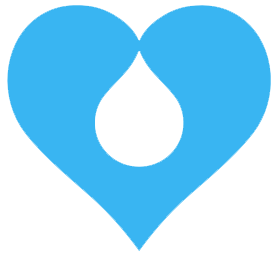Add a resource to our library
All new resources are approved by our volunteer moderators prior to being published on the site.
Resources
This page is for collecting any links to educational materials that explain the importance of inclusion and how to make one’s work or organization more diverse. Please add suggestions!
